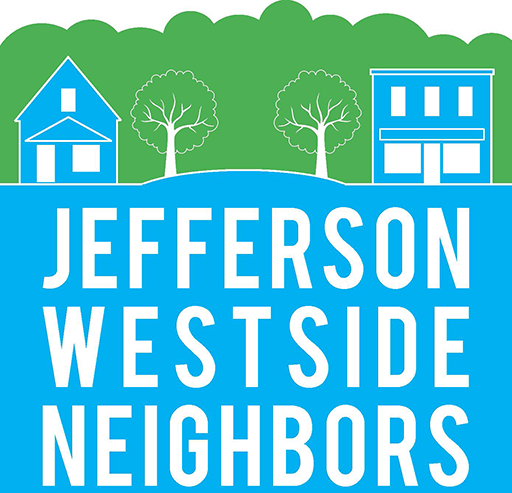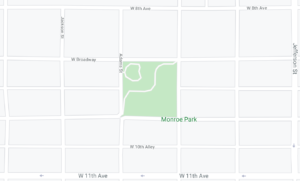JWN March General Meeting
Join us for our Tuesday, March 10 general meeting
6:45-9 pm @ the First United Methodist Church 376 Olive St.
On the Agenda
- Jeremiah Bridges from the city of Eugene will speak on emergency preparedness and Map Your Neighborhood initiative.
- A community discussion on the meaning “livability,” for background, see our livability blog post.

